
Language Development Department
Language is the most complex communication system known to man, yet children master it before they learn to tie their shoelaces. But how do they do this exactly? Our researchers, supported by our world-class Innovations Team and various partners, are aiming to uncover the secrets behind this very intriguing question.
Research in our department falls into one of three categories (language in the brain, language across the world, and language over development), each of which focuses on solving a different piece of the language development puzzle.
Caroline Rowland
- What interests us?
-
Using modern technology to answer age-old questions
As the name of our Department suggests, we are interested in finding out how children learn languages, and how that language-learning process is affected by developmental factors and cultural environments.
Children learn to mimic the sounds of their language, to associate thousands of words with their meanings, and to combine these words into long, grammatical sentences. They learn to use these sentences to convey complex messages about their world, their thoughts, their feelings, and beliefs. But how do they actually do this? What factors play a role in this learning process? What changes in the brain during development? How do children learn very different languages in different communities across the world? And why are some children so much quicker to learn to speak than others?
- How are we unravelling the mysteries of language learning?
-
We study what children say, what they understand, and how they learn from the sights, sounds, and smells of the world around them. We build and test models of language acquisition that address the central question: How do the learning mechanisms in children’s brains use information in their environment to build mature linguistic knowledge?
Not only that, we are also able to call upon the expertise of other researchers in our field thanks to our collaborations with various renowned research institutes and universities both in the Netherlands and abroad.
- Innovations Team
-
We are also supported by a department-wide Innovations Team, who work alongside the Language Archive Team to develop better methods and tools for research. For example, together we create tools for the semi-automated annotation of noisy real-world audio/video recordings of children and their families, establish more efficient, user-friendly experimental and corpus analysis tools, and improve the replicability and reproducibility of child language acquisition research.
- Research themes and research groups
-
Our research is organised around three themes:
- Language over development
In this theme, we track how language knowledge and use changes as children age. We use multiple measures from the same children studied at different ages to test theories of language acquisition for their ability to predict developmental change over time.
- Language across the world
Cross-linguistic work is at the heart of this theme. We test theories of language and communicative development for their ability to explain acquisition across different languages being learned in different cultural and multicultural environments.
- Language in the brain
In this theme our researchers test theories and models of how the mechanisms within the brain learn language. We use a range of methodological, and multi-methodological research designs, including computational modelling, corpus analysis, and behavioural and neurocognitive lab-based experiments.
Our department is also home to the Language through Processing research group, led by the department’s Senior Investigator Evan Kidd, which aims to understand the intimate relationship between language processing and language acquisition.
For more information about our current projects, visit out Projects page.
- Want to take part in our research?
-
Researchers at the Language Development Department carry out their experiments at the Baby & Child Research Center, a collaboration between the MPI and Radboud University. As such, they rely on the help of hundreds of adults, (future) parents and children. Would you like to help us out and make an important contribution to science? Then you can register in the following ways:
- Are you expecting a child and would you like to participate in our research? Then visit this page for more information.
- Do you have one or more children under the age of 6 and would you like to take part in our research? Then visit this page for more information.
Most of the experiments require participants who are native-Dutch speakers. As such, these registration forms are only available in Dutch.
Adults who are interested in signing up should visit the Participate in Research page.
Vacancies
-
Internships for Masters & Bachelors students
InternshipLanguage Developmentfull-timeRead moreAt the Language Development Department of the Max Planck Institute for Psycholinguistics (MPI), we offer research internships for...
-
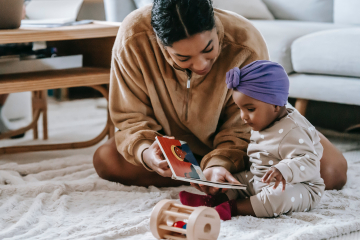 13 December 2023
13 December 2023Everyday language input and production in children across six continents
Why do some children learn language so much faster than others? Are girls faster than boys? And does learning two languages slow you down? A recent study of 1001 children living in very different...
-
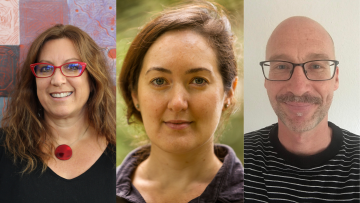 21 October 2022
21 October 2022Linguistic Society of America names awardees for Best Paper in Language 2023
The Max Planck Institute for Psycholinguistics is proud and happy to announce that Evan Kidd, Gabriela Garrido Rodriguez and Rachel Nordlinger have been awarded Best Paper in Language 2023 by the...
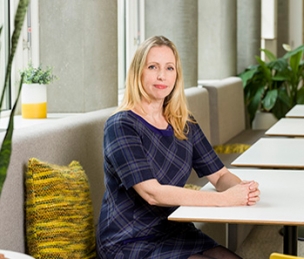
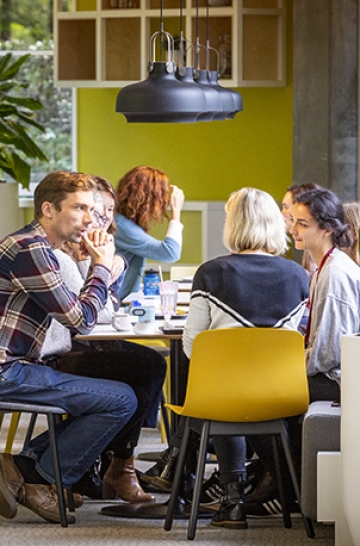
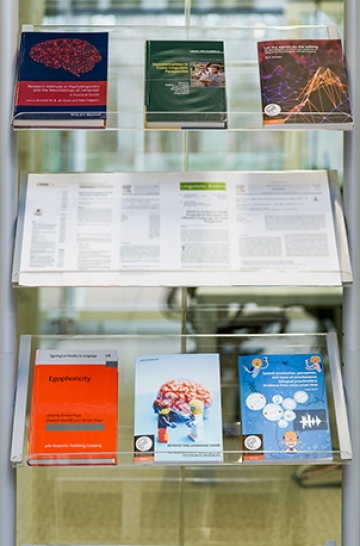
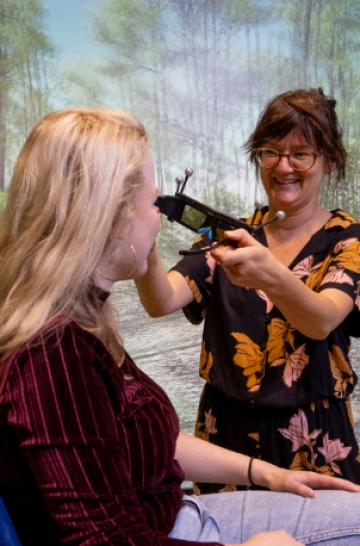
Share this page